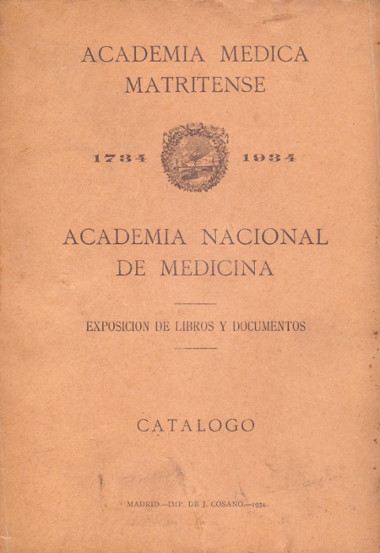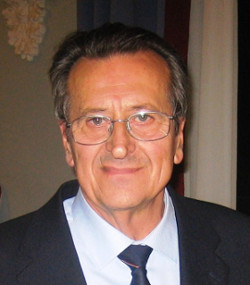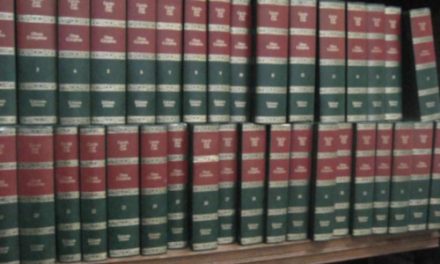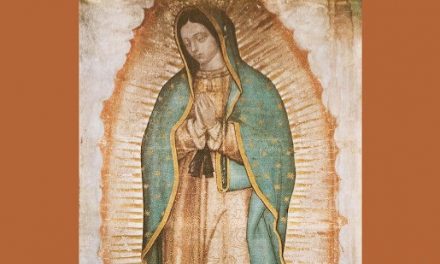 Francisco González de Posada, president of the Academy of Sciences, Engineering and Humanities of Lanzarote and regular contributor to the Royal European Academy of Doctors-Barcelona 1914 (RAED), defended his 5th doctoral thesis on January 16, this time in Medicine, at the University of Alcalá de Henares. The work is entitled “El movimiento académico de las profesiones sanitarias en el marco de la Ilustración española. Historia contextualizada de la Academia Médica Matritense en el siglo XVIII” (The academic movement of the health professions within the framework of the Spanish Enlightenment. Contextualized history of the Madrid Academy of Medicine in the 18th century), and is the first major work dedicated to the development of Medicine and its studies during the Age of Enlightenment and, particularly, of the Madrid Academy of Medicine, germ of the Spanish Royal National Academy of Medicine, of which Gonzalez de Posada himself is full academician.
Francisco González de Posada, president of the Academy of Sciences, Engineering and Humanities of Lanzarote and regular contributor to the Royal European Academy of Doctors-Barcelona 1914 (RAED), defended his 5th doctoral thesis on January 16, this time in Medicine, at the University of Alcalá de Henares. The work is entitled “El movimiento académico de las profesiones sanitarias en el marco de la Ilustración española. Historia contextualizada de la Academia Médica Matritense en el siglo XVIII” (The academic movement of the health professions within the framework of the Spanish Enlightenment. Contextualized history of the Madrid Academy of Medicine in the 18th century), and is the first major work dedicated to the development of Medicine and its studies during the Age of Enlightenment and, particularly, of the Madrid Academy of Medicine, germ of the Spanish Royal National Academy of Medicine, of which Gonzalez de Posada himself is full academician.
The Madrid Academy of Medicine emerged in the mid-18th century as a gathering of doctors, surgeons and apothecaries, who debated every afternoon and informally all kinds of issues associated with health. This first academy, which is formalized in 1734, will suffer the political ups and downs of the 19th century, between liberals and conservatives, and in 1861 already appears with its current name of the National Academy of Medicine.

Dr. Francisco González de Posada
Among the founders of the gathering are figures that González de Posada vindicates in his study as José Carralón, doctor of the Duke of Solferino; Juan Andrés Besterrechea, surgeon; José Cervi, doctor at the service of the Crown, and Andrés Piquer, Valencian doctor, among others. In their first meetings they discussed the novelties and the progress of medicine, covering its most diverse aspects and fields of study. The regularity and eagerness of these meetings, led them to formalize the gathering and on July 12, 1733 they offered official status with the name of Literary and Medical Gathering of Madrid.
One year later, on August 12, 1734, with the modification of its first Statutes, it became the Madrid Academy of Medicine, approved by Royal Decree of Felipe V a month later. The support of the Crown, which grants the name of Royal, and the expansion in the number of its members allows to cover new fields of interest with natural history, chemistry, physics and botany.




